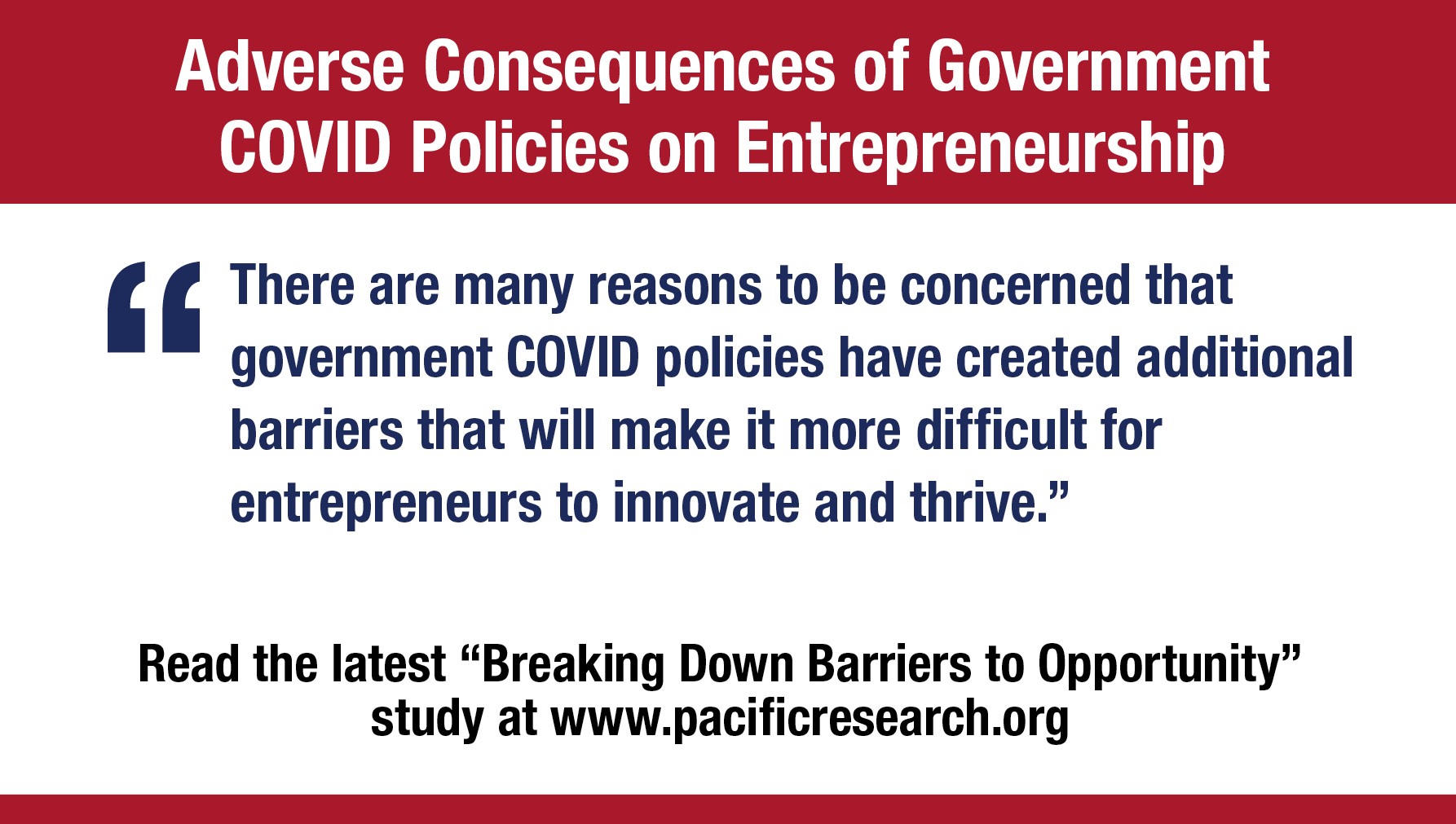By Wayne Winegarden and Tim Anaya
The last time we checked in on the debate over expanding federal electric car subsidies this summer, Sen. Deb Fischer (R-Nebraska) – citing PRI’s research showing they overwhelmingly benefit the rich – led the U.S. Senate in a bipartisan vote to ensure future credits are means tested.
Fast forward to November and expanding electric car subsidies are back on the agenda in Washington. The “framework” of President Biden’s so-called “Build Back Better” plan would “lower the cost of an electric vehicle that is made in America with American materials and union labor by $12,500 for a middle-class family.”
According to the Washington Post, “consumers who purchase union-made electric vehicles would receive a bonus $4,500 federal tax credit.”
The Biden team’s framing is an interesting choice of words – made by “union labor”! – and it may imperil passage of expanded electric car subsidies altogether.
Last week, West Virginia Sen. Joe Manchin, as reported by Automotive News, told a gathering at Toyota’s West Virginia plan that, “this is wrong . . . this cannot happen.”
Channeling his inner free-market think tank scholar, Manchin told the crowd, “we shouldn’t use everyone’s tax dollars to pick winners and losers. If you’re a capitalist economy that we are in society, then you let the product speak for itself, and hopefully, we’ll get that, that’ll be corrected.”
The backstory of the debate is a fight between carmakers in Detroit – who are unionized plants – and those like Tesla and Toyota, whose plants in West Virginia and the rest of the U.S. are non-union, according to Reuters.
According to the Associated Press, “the United Auto Workers . . . spent about $1.25 million in support of federal candidates in the 2020 elections, more than 99% for Democratic candidates.
“There’s nothing about a union-made electric vehicle that makes it greener than a nonunion vehicle,” Texas Sen. John Cornyn told the AP.
If Biden and Congressional Democrats want to pass the budget reconciliation plan, they better start moving toward Manchin’s vision of green subsidies.
PRI has been educating the American people that California has “been there, done that” on many of the key legislative debates going on in Washington this year, and the debate over electric car subsidies is one of them.
These food fights between competing Democrat constituencies are nothing new. We’ve seen this same debate take place in California a few years back during the debate over expanding state electric vehicle tax credits.
Calmatters reported during a 2017 debate over spending cap-and-trade funding that “Democrats pushed through new labor requirements widely viewed as retaliation against Tesla, the electric car maker embroiled in a union-organizing campaign at its Fremont plant.”
The report noted that, “Democrats openly wrestled with the concern that the United Automobile Workers, which is trying to maintain its role as the auto industry makes big bets on electric vehicles—was expanding its unionization campaign from the factory floor to the Senate floor.”
Sen. Steve Glazer, D-Orinda, is quoted in the report saying that the Legislature should not “hold our environmental projects hostage to a fight with one progressive employer.”
This latest clash between competing Democratic constituencies is nothing new in Sacramento, but it is perhaps the first notable clash of many that will inevitably play out on the national stage in the weeks and months to come.
Ultimately, if Biden and electric car subsidy proponents want to see their vision as government car salesmen become a reality, Democrats will be forced to make a choice. In the battle between unions and environmentalists, who will they side with?
Dr. Wayne Winegarden is senior fellow in business and economics at the Pacific Research Institute. Tim Anaya is PRI’s senior director of communications and the Sacramento office.


